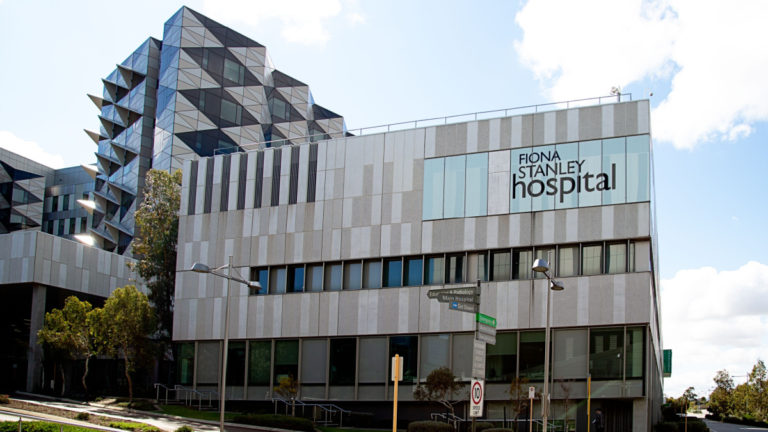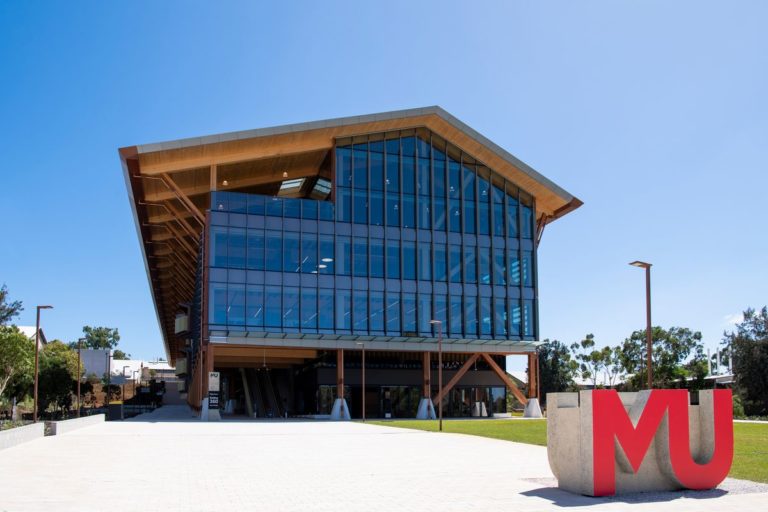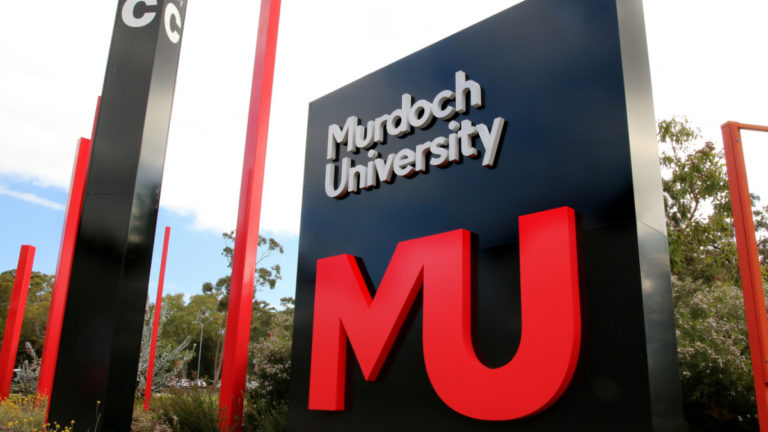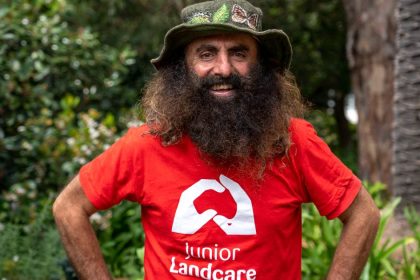A partnership between Murdoch University and Fiona Stanley Fremantle Hospitals Group aims to tackle the shortage of Indigenous nurses in Western Australia (WA).
The need to address the lower numbers of Indigenous student enrolments at universities, generally, is a critical component, and the impact of the COVID-19 pandemic added to the multi-faceted problem.

For the broader community of First Nations people in WA, implementing initiatives designed to encourage more Indigenous nursing students to enrol is about more than filling spaces in university lecture halls. The flow-on effect is under-representation of Indigenous people within the WA healthcare workforce – and that prevents some from seeking access to medical support.
It’s just one of the issues that this week’s launch of three purpose-built centres at Murdoch University’s innovative Ngangk Yira Institute for Change – a partnership between Elders, community stakeholders, Aboriginal and non-Aboriginal researchers – will help aim to address as part of the Institute’s commitment to pursue sustainable solutions to widespread Indigenous health and social equity challenges and transform the life trajectories of future Aboriginal generations.
The Yorga, Maaman and Koolanga Research and Advocacy Centre, Yawardani Jan-ga Research and Advocacy Centre and Coolamon Research and Advocacy Centre will each focus on different factors impacting the lives of Aboriginal families and communities.
The three centres were officially launched on Wednesday, 27 September, at the university’s new Boola Katitjin academic building.

Read more: Murdoch University building wins WA project of the Year award
Institute patron, Professor Fiona Stanley AC, told the audience at the launch event about the importance of accelerating solutions to Indigenous challenges.
“Our health and human services systems need to be culturally safe, and change is not happening fast enough,” she said.
“Research has shown us time and again that a strong start in life is fundamental for healthy and resilient Aboriginal people and communities, so fostering this is central to our work across the three centres,” Pro Vice Chancellor of the Institute, Professor Rhonda Marriott said.
As we embark on this critical point of diversification, these three distinct and yet interconnected research centres will focus on positively building the health, social and emotional wellbeing, empowerment and self-determination of Aboriginal families, and communities.
“Through the Yorga, Yawardani and Coolamon Centres, the Institute will lead practical solutions that will change the life course for those who need to see change the most.”
The research priorities of each centre – and the Institute as a whole – are determined through a partnership between Elders, community stakeholders, Aboriginal and non-Aboriginal researchers and focus on complex issues in Aboriginal health and the achievement of social equity.
Strong knowledge, strong health
Beyond buildings, it’s inclusive, welcoming training programs that make a genuine difference and, when it comes to the issue of attracting and retaining more Indigenous nurses, Associate Professor Caroline Nilson at Murdoch University’s School of Nursing believes it’s up to universities to reduce high drop-out rates from tertiary institutions and encourage greater numbers of Indigenous students to enter the health sector workforce.
Read more: CDU students ready to make their mark at Indigenous National Games
Moorditj Kaartdijin, Moorditj Warlang, which translates to good/strong knowledge, good/strong health, was developed by the university’s School of Nursing and, since its inception in 2020, 13 First Nations students have graduated, with another 30 currently in placements.
The aim, she said, was to increase the number of First Nations healthcare providers in the sector to between three and four per cent of the WA workforce – a figure in line with state government goals in WA.
“Not having this representation is stopping some First Nations people from accessing critical care because they don’t feel hospitals are a safe space for them,” she said. “It is widely known that healthcare is not as equitable to some Aboriginal and Torres Strait Islander communities for various reasons, and this contributes to the communications and stigmas experienced by all.”








